Seven years ago, the Bulgarian Prime Minister Sergey Stanishev called the release of Bulgarian medics unjustly sentenced to death in Libya the biggest success of the Bulgarian diplomacy for the past 20 years. Then Foreign Minister Ivaylo Kalfin reveals that the good outcome of the complicated situation was also due to the strategy proposed by the UK. He highlighted the leading role of the EU in the difficult negotiations with the Libyan regime and thanked France for the mediation. Of course, all's well that ends well. But whether Bulgaria’s native diplomacy has good reason to talk about success in this agony protracted over eight years and a half is debatable. What exactly was the distribution of roles in this complex international game with the unpredictable Gaddafi is perhaps too early to know. But for the five freed Bulgarian nurses and the Palestinian doctor this happy denouement bears only one name – that of Cécilia Attias ( then Sarkozy). "The name Cécilia for me means freedom," said at a press conference held at the Bulgarian National Radio yesterday Kristiana Vulcheva who was pointed by the Gaddafi regime as the "mastermind" of the fabricated sinister scenario of deliberately infecting with HIV over 400 Libyan children at the Children's Hospital of the city of Benghazi.
 “Suddenly I found myself as a participant in an action movie reminiscent of James Bond’s films”, writes in her autobiography Cécilia Atias who conducted on the spot in Libya the last phase of the negotiations with Gaddafi. Seven years after the liberation of the "Bulgarian hostages" as she calls them, Cecilia Atias arrived in Bulgaria.
“Suddenly I found myself as a participant in an action movie reminiscent of James Bond’s films”, writes in her autobiography Cécilia Atias who conducted on the spot in Libya the last phase of the negotiations with Gaddafi. Seven years after the liberation of the "Bulgarian hostages" as she calls them, Cecilia Atias arrived in Bulgaria.
“I was very much surprised by the warm and hearty welcome here after seven years since those events”, she said for Radio Bulgaria. “I found that everyone, journalists, ordinary people and politicians have not forgotten about those dramatic moments. I am glad to see that the freed nurses are in good shape. They have returned to active life and to practicing their profession. I was very pleasantly surprised to find that I am still in the memory of people in Bulgaria.”
Cécilia’s meeting with the Bulgarian nurses released through her assistance was very exciting for both parties. After that tense night of July 24, 2007 they had enough time to talk about what had happened for the first time. Both sides knew only part of the picture. They tried to put together the pieces of the puzzle. "I've never cried so much in my life," said Mrs. Attias, remembering the hours after the return operation in Bulgaria for Valya, Snezhana, Nasya, Valentina, Christian and Palestinian doctor Ashraf.
In 2007, Cécilia Attias was awarded the title of "honorary citizen of Sofia". This mark was officially presented to her by Sofia Mayor Yordanka Fandakova only at this current visit. Mrs. Attias was surprised to learn she was now a citizen of a city so ancient and so generous in historical tokens.
“I found a country which I didn’t know. Last time I could see only the runway of the airport. Now I could stay a little longer. I discovered for myself a wonderful country, the successor of the numerous civilizations that have left their mark here. Bulgaria is a country with a splendid archaeological heritage, which should be made more visible for the world. This is a country I will visit again with great pleasure.”
In this spirit is also the dedication which she recorded in the memory book of Sofia.
English version: Rossitsa Petcova
Every Bulgarian school abroad has its own story, and that of the Rodna Stryaha Bulgarian school in Cyprus began in 2015. Its foundations are built on the dream of a Bulgarian teacher - when one day Bulgarian children decide to return to their..
President Rumen Radev will today attend the opening ceremony of Forest Week in front of St Alexander Nevsky Cathedral. The theme of this year's celebrations is "A century of eternal creation, preservation and care!" This year marks the 100th..
For 100 years, foresters in Bulgaria have been organizing Forest Week. A concert entitled “A century of eternity” on 7 April will give the official start to the initiative dedicated to the planet’s lungs. And though it has been a century since..
April 8 is the day when Roma people around the world celebrate their identity. " International Roma Day is a time to show that we are part of the..
The opportunities for high-quality higher education in French in Bulgaria will be presented during an educational exhibition in Skopje...
A unique creative workshop "A Small Seed of Kindness" will open its doors on Palm Sunday, and its place is even more special - Garden "Inspiration" in..

+359 2 9336 661
